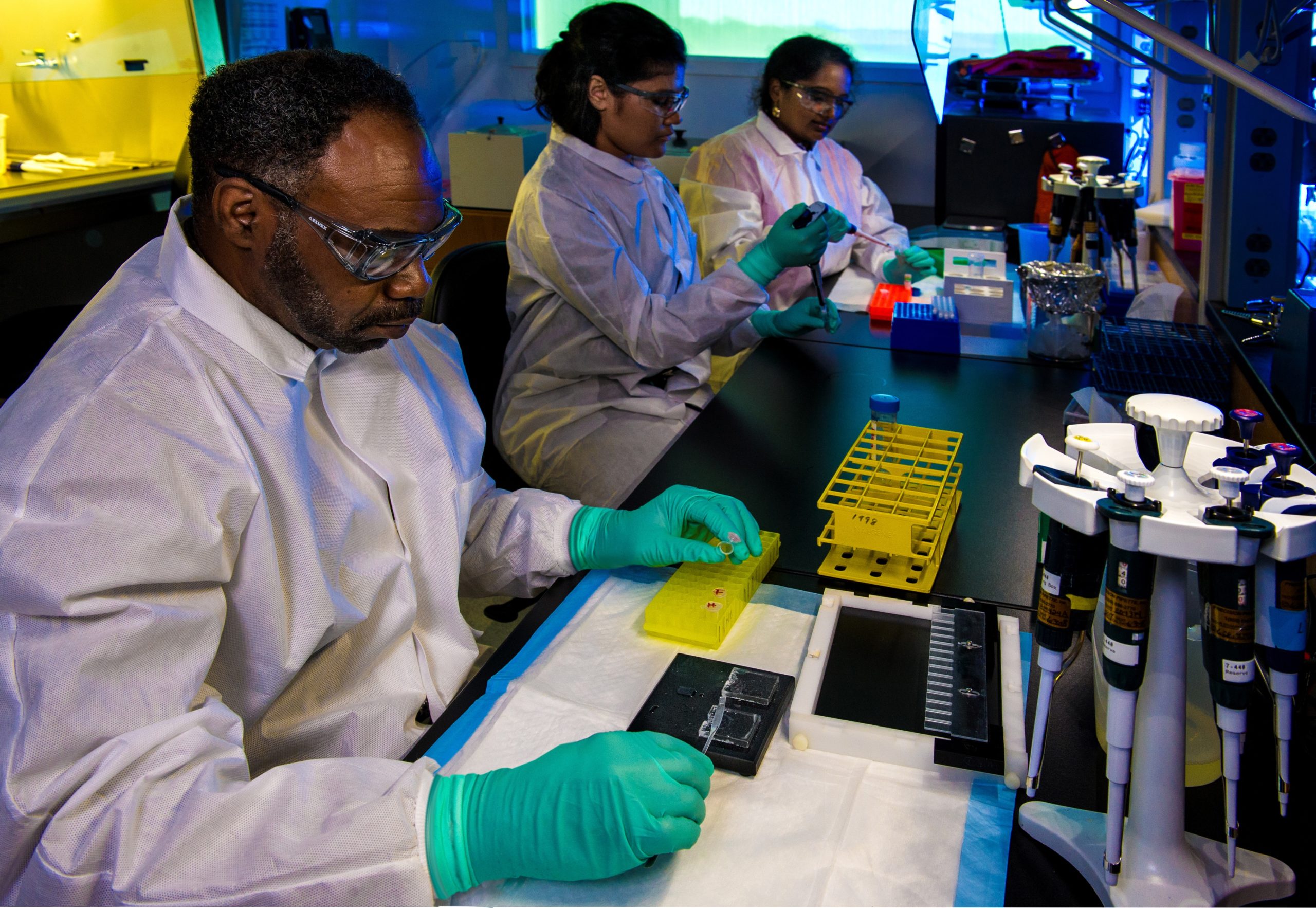
The war in Ukraine has already been going on for 6 months. Since its beginning, it has not only shaken people’s lives, but also disrupted the Ukraine’s systems. This RURAL21 article by Pavlo Kuliuk, Ukrainian freelance journalist from Donetsk region, Ukraine, shows how the war has changed the agricultural system in many parts of the country.
Away from supermarkets and towards local cultivation
“Before the war, supermarkets sold vegetables cheaper than market sellers. But in the contested parts of the country, the supermarkets are now closed because it is dangerous for large stores to keep open when military activities are raging close by. All too many shopping centres have become victims of attacks.”
“This is why in war zones such as the Donetsk region and parts of Mykolaiv, Zaporozhye, Kharkiv and Dnepropetrovsk regions, vegetables and fruits represent a sort of liquid currency. For wherever logistics has collapsed, there is a paucity of goods. Therefore, at least in the summer months, greens and fruit growing in districts offer locals a great opportunity to earn additional income.”
“The dachas and gardens have been left behind by people who were evacuated. So those who have stayed grow vegetables and fruits in their gardens or harvest fruits from land that has no owner anymore. They then either sell yields or eat them themselves. Many people have also started to grow greens and fruit on fallow land.”
“Thus the war has eliminated everything that is ‘superfluous’ in the trade chains, and only essential commodities have remained in them. Paradoxically, poor local peasants and farmers have survived in difficult conditions, while the rich speculators have disappeared from the market.”
Ukrainian wheat exports resumed
“The war will also lead to a smaller wheat harvest in 2022, for it has not been possible to cultivate the fields to the same degree as that before the war. Wheat production in Ukraine is almost five times the volume of consumption. For example, last year Ukraine harvested 32 million tonnes of wheat. At the same time, the country’s domestic demand did not exceed seven million tons.”
“But it is still too early to say how things will move on. The cost of grain may rise again due to rising fuel and fertiliser prices, as well as climate change. An increase in the area under crops can restrain the rise in grain prices. Farmers must learn to work in the new conditions, when fuel and fertilisers become more expensive. Whether farmers in various countries will be able to do this is not known. This is a challenge affecting everyone.”
This article was first published by Pavlo Kuliuk, Ukrainian freelance journalist from Donetsk region, Ukraine at RURAL 21.


Recent Comments